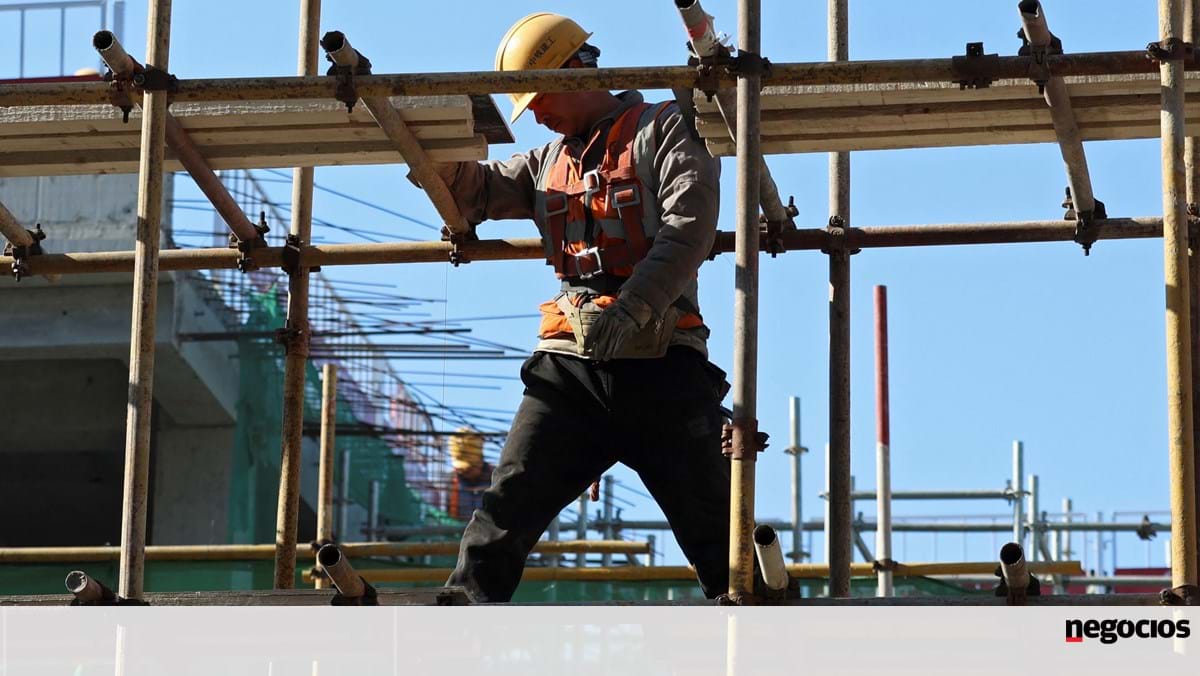“The shortage of workers in the construction sector is not a new problem, but it is exacerbated by the seasonal migration of workers to countries like France and Switzerland, where salaries are more attractive,” says Alice Nunes, new business manager at Fixando, an online service platform that conducted a study in which it concluded that four out of ten clients looking for a remodeling company in Portugal during the summer are unable to find available specialists.
“The high demand for construction services, linked to the shortage of workers and the closure of businesses for holidays, leaves thousands of Portuguese without a solution for their home and renovation work,” finds Fixando, which conducted a survey among 6,752 experts in the sector. It reveals that 37% of companies close for holidays in August, and 19% cite the closure of suppliers as a factor that significantly limits their ability to respond.
According to the same survey, 62% of professionals attribute the lack of supply to a shortage of labor, a chronic problem that becomes more acute in the summer months.
“With the demand for construction services increasing by 19% in July 2024, compared to the previous month, and an expected growth of 15% in the third quarter, compared to the second quarter, only 16% of companies registered on Fixando accept the new budget requests,” the same platform says, in a statement.
Regarding the increasing difficulty in attracting and retaining young talent in the construction and reconstruction sector, companies consulted by Fixando “call for investment in training in trades such as carpentry and construction and for strengthening vocational training that can attract young people to these fields, warning that without concerted efforts, the mismatch between supply and demand over the summer could continue to widen.
Another challenge highlighted by some professionals is the increasing unpredictability of the weather, “with extreme temperatures and unexpected rains leading to extended construction deadlines, inevitably delaying subsequent projects,” explains Alice Nunes.
He warned that the new climate reality “puts additional pressure on an already overburdened sector, making it more difficult to schedule and complete work within the estimated period.”
Another dilemma: the discrepancy between customer expectations and the real value of the services provided. “Clients often prefer to pay less, but end up being dissatisfied with the quality of the service,” confirmed one of the experts interviewed by Fixando.
“This reality, combined with the proliferation of companies that ‘do everything’ without the necessary specialization, puts the final quality of the work and the reputation of the sector at risk,” says Vixandu.
To address these challenges, the majority of respondents (65%) advocate the need to support training of qualified workers, while 40% believe that government incentives for employment could help reverse the current scenario.
“A joint effort between the private sector and public entities is necessary to ensure that the construction and renovation sector in Portugal can not only survive, but also thrive,” recommends Fixando’s New Business Manager.

“Wannabe internet buff. Future teen idol. Hardcore zombie guru. Gamer. Avid creator. Entrepreneur. Bacon ninja.”

